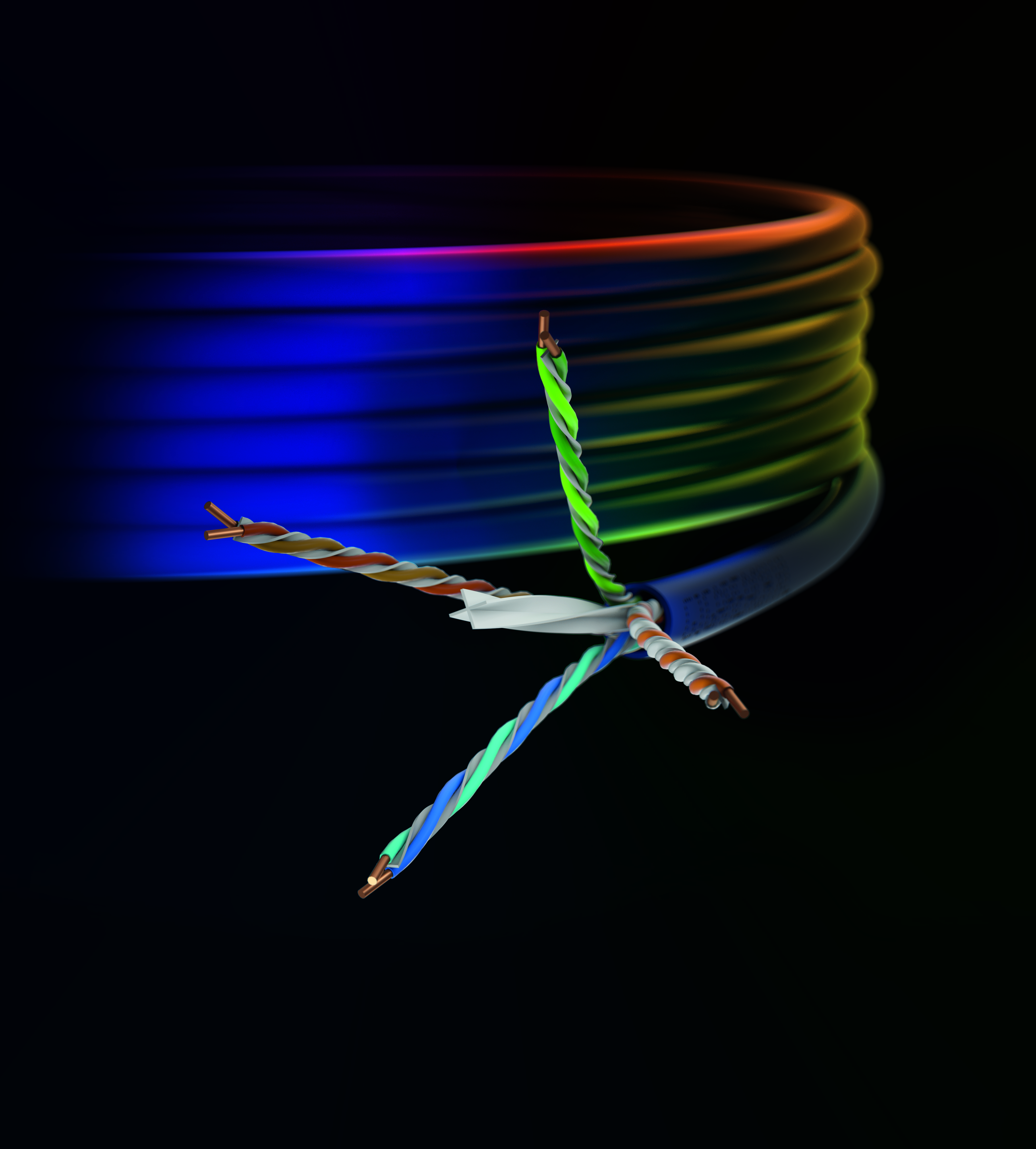This blog post is part of a series called “CommScope Definitions” in which we will explain common terms in communications network infrastructure.
Rodents, such as squirrels, frequently chew durable materials to wear down their teeth so they don’t grow too long. One of the most common materials rodents like to chew on is cable. They will chew any type of cable, especially aerial cables.
When a rodent chews through a cable, they can disrupt service to customers. That means operators need to replace the damaged cable, resulting in unnecessary truck rolls, man hours and costly repairs. Communications cables are just as susceptible as power cables to rodent damage. Operators are always looking to protect their valuable infrastructure to assure the working life of the cables. One way operators can protect their infrastructure is by using an Alternative Jacket™. So what is an Alternative Jacket?
An Alternative Jacket provides an additional level of protection for cables installed in environments where squirrels and other rodents are prevalent. It is designed to reduce or eliminate rodent chews. Containing a patented-jacket formula that incorporates non-toxic materials (capsaicin and Bitrex®), cables with alternative jackets are extremely repulsive to the rodents’ sense of taste and smell.
Field tests indicated that once chewing begins, the animal finds the experience unpleasant and will retreat before causing further damage. Alternative Jackets can be utilized for fiber optic, trunk and distribution, and drop coaxial cables.
Key Takeaway: Rodents frequently chew durable materials in an effort to wear down their teeth or they will continue to grow. By placing an Alternative Jacket on fiber optic, drop or coaxial cable, rodents experience an unpleasant taste and heat when biting into the cable. They are then repulsed by its taste and smell.
Additional Resources:
How to Protect Your Cables from Squirrels
Time to Dress Your Cables Up with an Alternative Jacket
Squirrel Damage to Outside Plant Cables
Alternative Jacket for Drop Cable










